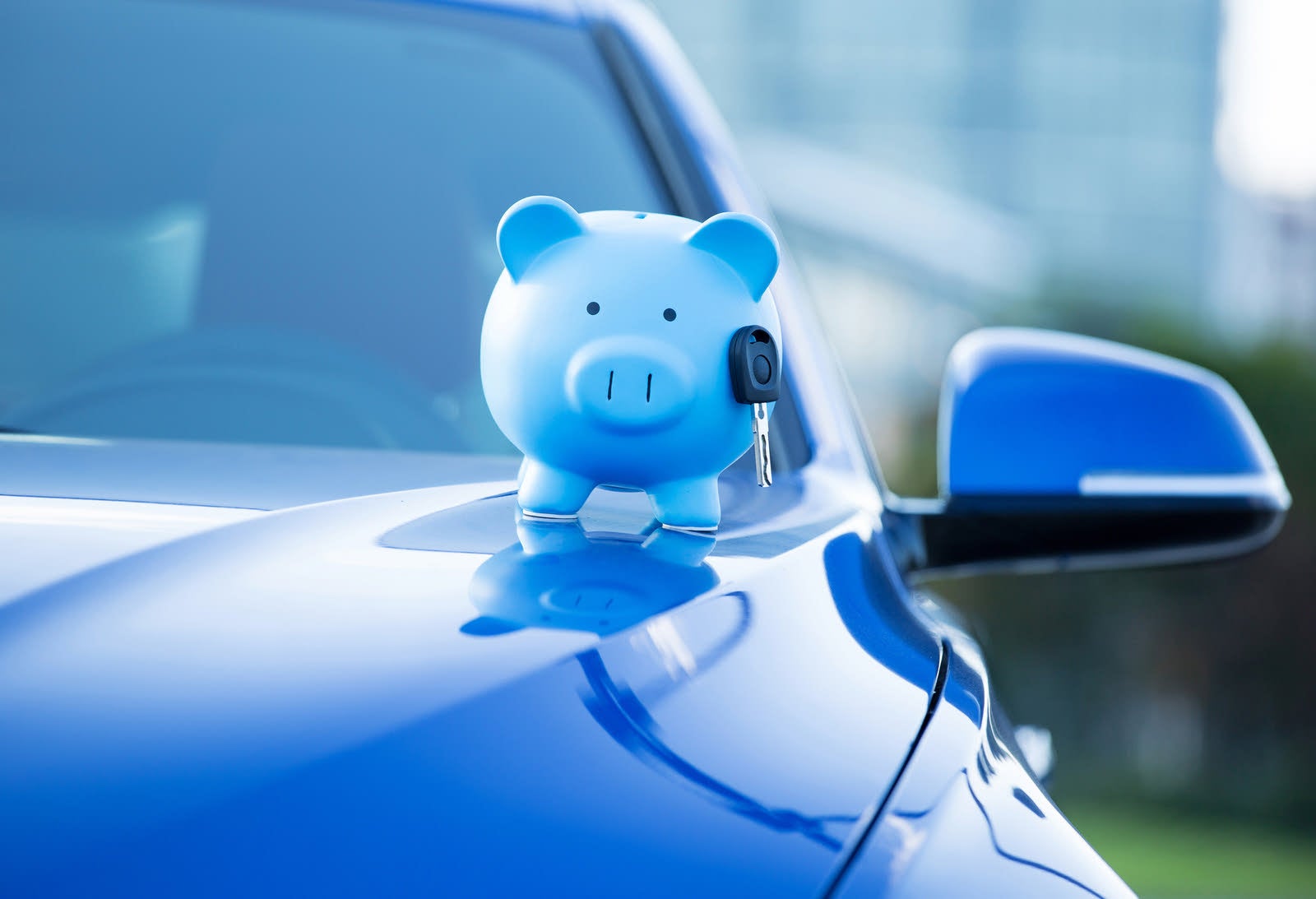Buying a new or new-to-you used vehicle can be one of the most rewarding or one of the most infuriating purchasing experiences.
Let’s say you’ve researched a particular vehicle and found the combination of colors and features you want, all for a fair price, but something isn’t quite right. Discretion is always prudent: it’s time to walk. Doing so means being emotionally prepared to do exactly that before you meet with the seller or salesperson.
For a vehicle you really love, this is easier said than done. We get it. You really want to seal a deal.
If you’re not comfortable with negotiations, know you’re “irrationally emotional,” or avoid buying vehicles in part because you hate the process, the best advice we have is to bring someone with you that you trust. They can assist in evaluating the deal and help you walk away if you really should.
Even then, you both may need a final nudge to walk away from the car dealer.
When to Walk Away from a Deal (Even if You Love the Car)
- Price/Budget
- Unfavorable Vehicle Financing Terms
- Condition/History
- Seller Refuses Pre-Purchase Inspection
- Trust Your Gut
- How to Walk Away

Price/Budget
This is really a two-part consideration. The first part of the equation: Is this vehicle priced above, below or on par with similar models in your market? Look to the CarGurus Instant Market Value tool.
When asking the price, make sure you ask for the “out-the-door” price in writing. Dealers commonly add hidden fees, additional services, and add-ons to the sticker price, most of which are negotiable. And don’t forget about sales taxes and registration, which you’ll also need to pay. You can also use industry standard tools such as Kelley Blue Book to have an understanding of the current market of your car.
This is helpful with used vehicles, for which there is no MSRP to base pricing off. And, this also applies to your trade-in. Your dealership may offer you a great price on your new vehicle or attractive auto loan terms, but might offset this with a low trade-in value on your current car. Knowing it’s market value and the value of similar vehicles will help you negotiate a good deal.
The second part of the equation is “How much should I really spend?” Here, it’s important to remember that a vehicle purchase is the gift that keeps on taking. New or used, start with the end in mind: how long do you think you’ll keep the vehicle, and how many miles will you put on it?
This question will help determine what your largest vehicle expense could be over time: how much will it depreciate? In 2023, the average new vehicle was expected to depreciate $4,538 annually, according to AAA. Gas prices and insurance rates have jumped over the last few years as well. Add all these up before you go shopping.
You must calmly but firmly resist the temptation to buy a more expensive vehicle you know you really shouldn’t buy. To do this, you must understand the total costs in advance to see how a vehicle fits your budget - not just what the price of the car is going to be or what your monthly payment will be.
You can evaluate the cost of a vehicle based on the purchase price, insurance costs, gap insurance, expected depreciation costs, expected maintenance (online tools will help), and fuel costs associated with the number of miles you drive annually. If it’s going to be a stretch, it’s time to walk away from the deal.
Knowing this will help you in the negotiation process. Sometimes, if a car buyer demonstrates that a vehicle is just outside of their budget, a car dealership might find some rebates or incentives that will bring the car back into their budget.
The back-and-forth is all a part of the car-buying process. Expect to haggle and be presented with counter offers, but don’t fall into the trap of buying more car than you can afford just because the car salespeople are working with you a little bit. There’s always wiggle room, and that works both ways. Expect to be offered add-ons such as an extended warranty after you’ve agreed to a price, but don’t feel like you need to accept any last-minute items. The asking price and the sales price are rarely the same thing.

Unfavorable Vehicle Financing Terms
For buyers of new cars, loans offered by automakers' captive finance arms can be a good deal. But unless the interest rate is at or below prevailing rates, you’re better off asking your bank or credit union what financing they offer.
Here, you can do yourself a favor by ensuring that you have a strong credit score and that you have a strong down payment. This improves your car loan and puts you in a stronger negotiating position.
The rate itself is only part of the equation. The term also includes how many months you have to repay the loan to own the vehicle outright. As of late 2023, the average new vehicle loan was nearly 68 months long, according to credit rating agency Experian. That’s over five years of paying interest on a depreciating asset. If a dealer or lender won’t give you choices in loan length or won’t let you shop for financing, it’s time to walk. A fair deal includes fair financing.
Condition/History
Generally, a used vehicle is only as good as its maintenance records. The more historically unreliable or troublesome any particular model has been in the past, which is easy to find online, the more critical the history of regular service becomes - and the lower the car price should be. Moreover, an owner who keeps good records is typically more mindful of adhering to recommended service intervals, and the vehicle's condition usually reflects that.
Even with complete records, look everywhere, including the trunk/cargo area and under the hood, to see if anything looks amiss. Ask tough questions. You're better served doing so in a calm, non-confrontational manner.
Without these records, it may be difficult to ascertain if and when some relatively expensive known maintenance services have been completed.
For example, while engine timing chains typically last the life of a vehicle, timing belts need to be replaced, albeit at longer intervals than routine components like brakes and tires. They tend to be fairly expensive to replace; timing belt failures on “interference” engines can cost thousands to fix. Deferred maintenance or repairs have a negative effect on car values. Remember, it is not just about the cost of the repairs, but the time you will have to take to have these repairs done.
Pro Tip: Ask for records before even looking at a used vehicle; a few pictures of folders or service records, even if you can’t read them all, should give you confidence that the seller has them in hand that you can review in person.
Should a repair be due, that’s fine, but the seller should offer a lower price accordingly to offset the pending repair bill. But keep in mind - if you get the lowest price for a car on the market because of deferred maintenance, you might pay more for it not very far down the road.

Seller Refuses Pre-Purchase Inspection
Nearly all used cars benefit from a professional pre-purchase inspection, which most car repair shops can perform. Certain makes and models may also benefit from an automotive specialist’s keen eye.
If you want a pre-purchase inspection and the seller refuses, that’s probably a red flag. No matter the price of a car, it should be inspected before you spend your money on it. A car that has both a complete vehicle history service and an excellent pre-purchase inspection report should offer you plenty of peace of mind. A car deal can and should fall apart with a missing inspection.
Used car prices are currently at historic highs, and sellers know this. They should be going out of their way to demonstrate that the used car they are trying to sell you is mechanically sound, which will help them to get the best price for their car.
Trust Your Gut
For new vehicles, the biggest issue will be out-the-door pricing and finance terms. For used vehicles, if the seller has complete records, body panels are straight, the colors match, the CarFax matches the records included in the sale, and the vehicle drives the way it should when you go for the test drive: buy and enjoy your new ride. Keep good records of maintenance and repairs. In theory, this will marginally decrease your depreciation costs when you sell.
But if something doesn’t feel right, even if you can’t put your finger on it, don’t be afraid to walk away from this car purchase. Even if you love the vehicle, there will be others. You owe the seller no explanation.
How to Walk Away

It’s understandable to feel emotional when a negotiation nears a breaking point. But if you choose to walk away, you should still be as polite as possible. After all, the deal is not dead until the dealership sells the car to someone else.
Explain that you’re a serious buyer with a serious offer. You’ve done your research and won't negotiate above your worst-case figure. As a last resort, ask the salesperson for their own worst-case price. Even if they won’t reveal it, this question might lead to you finding common ground.
If you still want to walk out, mentally prepare for some blowback from the salesperson. They may say something like, “You won’t find a better deal anywhere else.” Don’t let this dissuade you; stick to your fair price, stand up, and walk out of the dealership.
As you’re leaving the dealership (on good terms), give the salesperson your contact information and tell them you’re still interested in the car—at your desired price. Tell them to reach out if they can meet that price. Add a little urgency by reminding them that you’re shopping around, so you won’t wait forever.



